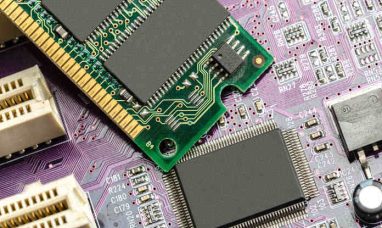Inflation Reduction Act
Under the Inflation Reduction Act, which is currently nearing final approval in Congress, an electric vehicle’s purchase price might be offset with a tax credit of up to $7,500. However, the car industry cautions that most EV purchasers won’t be eligible for such sizable tax credit. This is basically due to the Inflation Reduction Act bill’s requirement that an electric car has a battery constructed in North America using minerals produced or recovered on the continent to be eligible for the credit.
According to John Bozzella, CEO of the Alliance of Automotive Innovation, an influential industry trade group, these standards are also getting stricter over time, to the point where it’s feasible that no EVs would qualify for the tax credit in a few years. Currently, according to the alliance, around 50 of the 72 electric, hydrogen, or plug-in hybrid models offered in the US wouldn’t be able to comply with the Inflation Reduction Act standards.
In a statement by Bozella, he said that the $7,500 credit might exist on paper, but no vehicles will qualify for this purchase over the next few years. The purpose of the rule is to encourage domestic manufacture and mining, create a solid North American battery supply chain, and reduce the industry’s reliance on potentially unstable international supply networks.
China already dominates the production of lithium and other minerals required to make EV batteries. And the Democratic Republic of the Congo is the world’s top producer of cobalt, another element used in EV batteries.
Despite being a part of the worldwide effort to cut greenhouse gas emissions, electric vehicles need rare earth metals, which can only be found in countries like Myanmar, where the Associated Press found that the pursuit of green energy has resulted in environmental catastrophe.
The tax credits would go into effect in 2019 under the $740 billion economic package that just passed the House of Representatives after passing the Senate over the weekend. The battery of an electric vehicle must include 40% North American-sourced metals for the customer to be eligible for the Inflation Reduction Act full credit. That necessary percentage would rise to 80% by 2027. The automaker and its customers would be qualified for half of the tax credit, or $3,750, if the metals criteria weren’t satisfied.
According to separate regulations, half of the batteries’ worth must be produced or built in North America. Otherwise, the remaining tax credit would be forfeited. The strictness of these rules likewise increases year, eventually reaching 100% in 2029. Another requirement would be that the EV itself must be produced in North America, disqualifying any vehicles produced abroad from the tax credit.
In general, automakers don’t disclose the origin or price of their parts. However, it’s possible that some versions of the Model Y SUV and Model 3 car from Tesla (NASDAQ:TSLA), the car and SUV from Chevrolet, the Ford Mustang Mach E, and other vehicles would be qualified for at least some of the Inflation Reduction Act credit. All of those cars were built in North America.
Featured Image: Megapixl @Designer491















